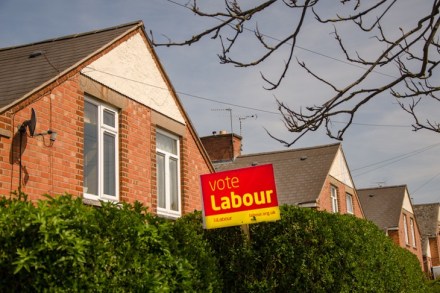Low life | 4 June 2015
The entries are crawling in on their hands and knees for the ‘drunkest I’ve ever been’ competition to win a place at the launch party for the Low life column collection. Gawd. Reading your accounts makes me feel as sober and upright by comparison as a sidesman in the Dutch Reformed Church, and that I have the Low life position on this magazine under false pretences. What we do have in common however, I think, is that we are terrible lightweights who can’t take drink like others can. For me, a single pint of strongish lager is a shape changer. Pass me a second and I couldn’t give two figs


















